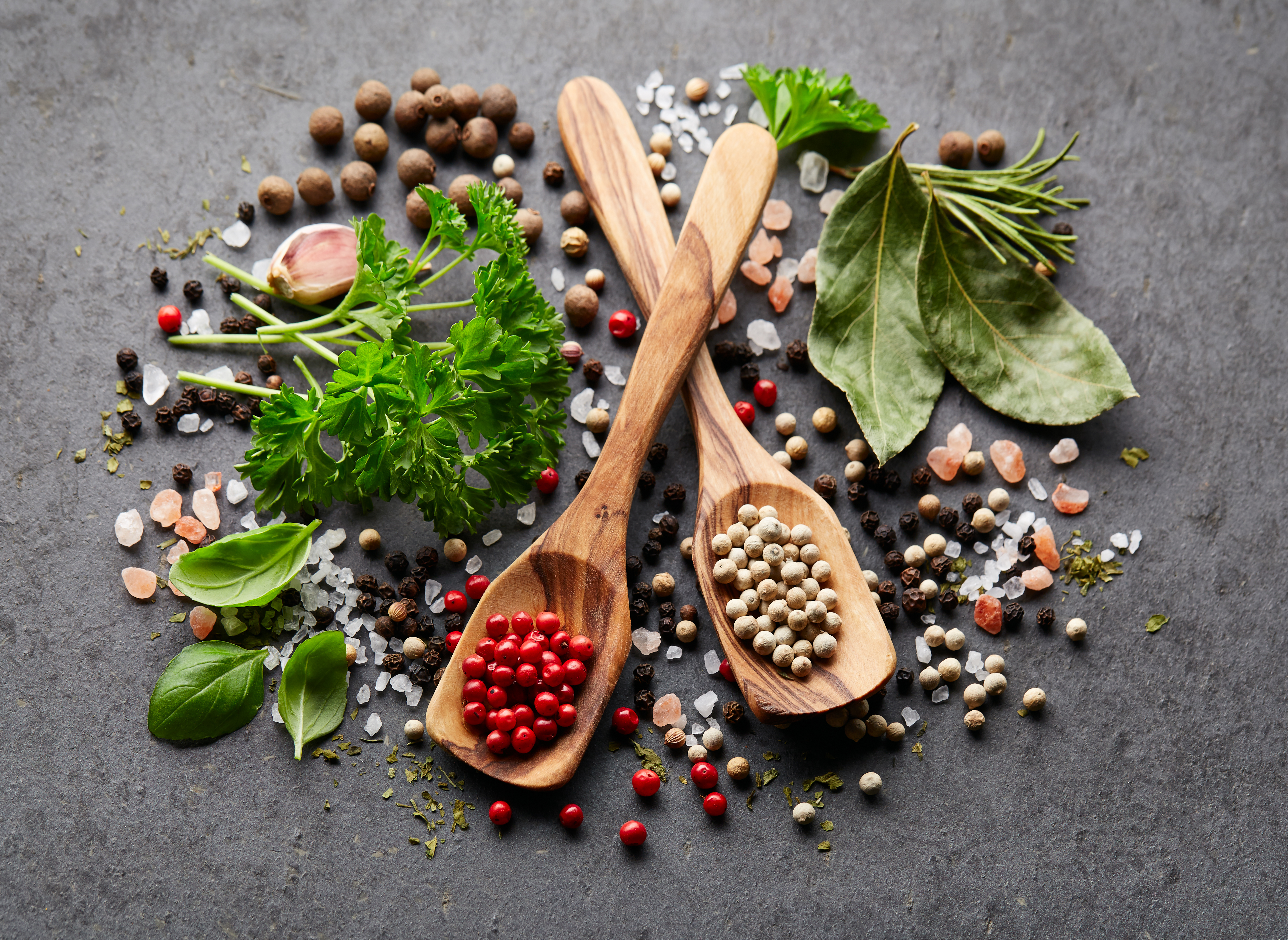A Dietitian's Guide to Lowering Cholesterol Without Medication
17. Embrace Spices and Herbs

Your spice rack is a secret weapon for heart health. Many common spices and herbs contain powerful antioxidants and anti-inflammatory compounds that go far beyond flavor. For instance, turmeric's active compound, curcumin, has been shown to reduce inflammation and may help lower cholesterol. Similarly, ginger can help lower triglycerides and cholesterol, while a sprinkle of cinnamon can improve blood sugar control. By seasoning your food with a variety of herbs like rosemary, thyme, and oregano instead of relying on salt and butter, you're adding a layer of protective compounds that work quietly behind the scenes to support your cardiovascular system.
18. Prioritize Sleep Hygiene

Sleep isn't just for rest; it's a critical time for your body to repair and regulate itself, and this includes your cholesterol. Research shows that poor sleep quality and chronic sleep deprivation are linked to an increase in LDL cholesterol and a decrease in HDL cholesterol. When you're sleep-deprived, your body's stress response can kick in, leading to inflammation and metabolic imbalances that negatively impact your lipid profile. Making sleep a non-negotiable priority—aiming for 7 to 9 hours a night—is a simple, free, and incredibly effective strategy for lowering cholesterol and protecting your long-term heart health.
